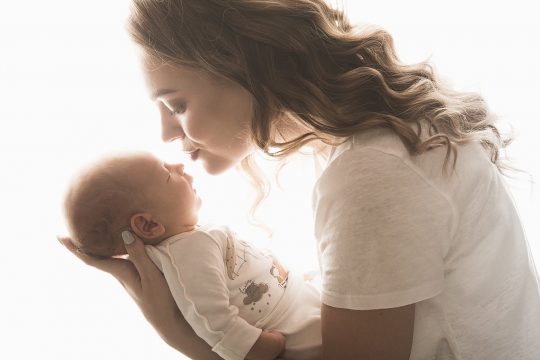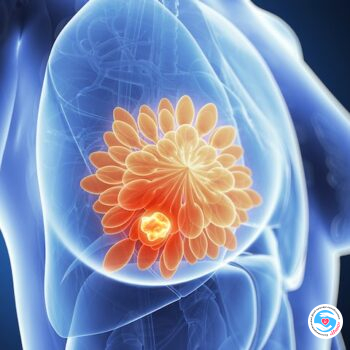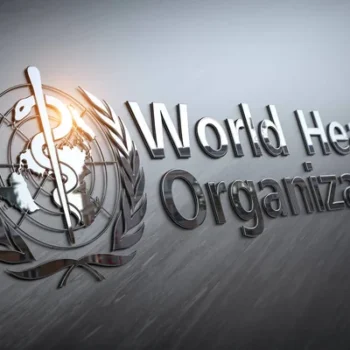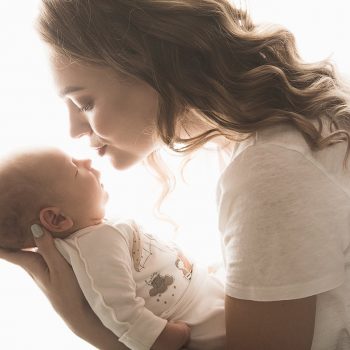
Staff of the Inna Foundation continue to study materials that can be useful for people fighting cancer! The results of one study, which is very important for girls and women who had cancer in childhood, are described in the pages of the specialized Journal of the National Cancer Institute.
How does oncological disease and methods of its treatment affect the ability of women to become pregnant and bear children? This question worries all women who had cancer in childhood!
Scientists from Ontario assure that cancer suffered in childhood or adolescence does not reduce the likelihood of carrying a pregnancy. However, these patients have a slightly lower chance of pregnancy and a higher risk of preterm delivery.
To come up with these results, experts compared the rates of 4,062 women who had cancer before the age of 21 with 20,308 healthy women from 1985 to 2012. The researchers carefully analyzed the pregnancy rates and outcomes of the two groups using the Cox multivariate hazard model and the Poisson model. In addition, the researchers drew attention to the complications that these women had.
It was found that among women who were treated for various types of cancer in childhood, the pregnancy rate is 22.3% compared to 26.6% in the healthy control group. As you can see, the difference is quite insignificant! Scientists have found that a decrease in the likelihood of women’s pregnancy after cancer is associated with brain cancer, chemotherapy with alkylating agents, radiation therapy of the brain, and hematopoietic stem cell transplantation.
As for complications during pregnancy, here the difference is small. For example, the rate of preterm birth was slightly higher in patients who had childhood cancer than in the control group – 9% versus 6%. In addition, such women have an increased risk of cardiovascular disease during pregnancy (hazard ratio was 4.18) and mothers have severe complications – 2.31.
The incidence of preeclampsia, gestational diabetes and caesarean section was similar in both groups. There was also no difference in the number of congenital pathologies in Apgar scores.
Only 2% of women with childhood cancer had complications during childbirth or were diagnosed with cardiovascular disease during pregnancy. However, the likelihood of such complications in childhood cancer survivors was twice as high as in the control group. Therefore, such women need a more thorough examination.












